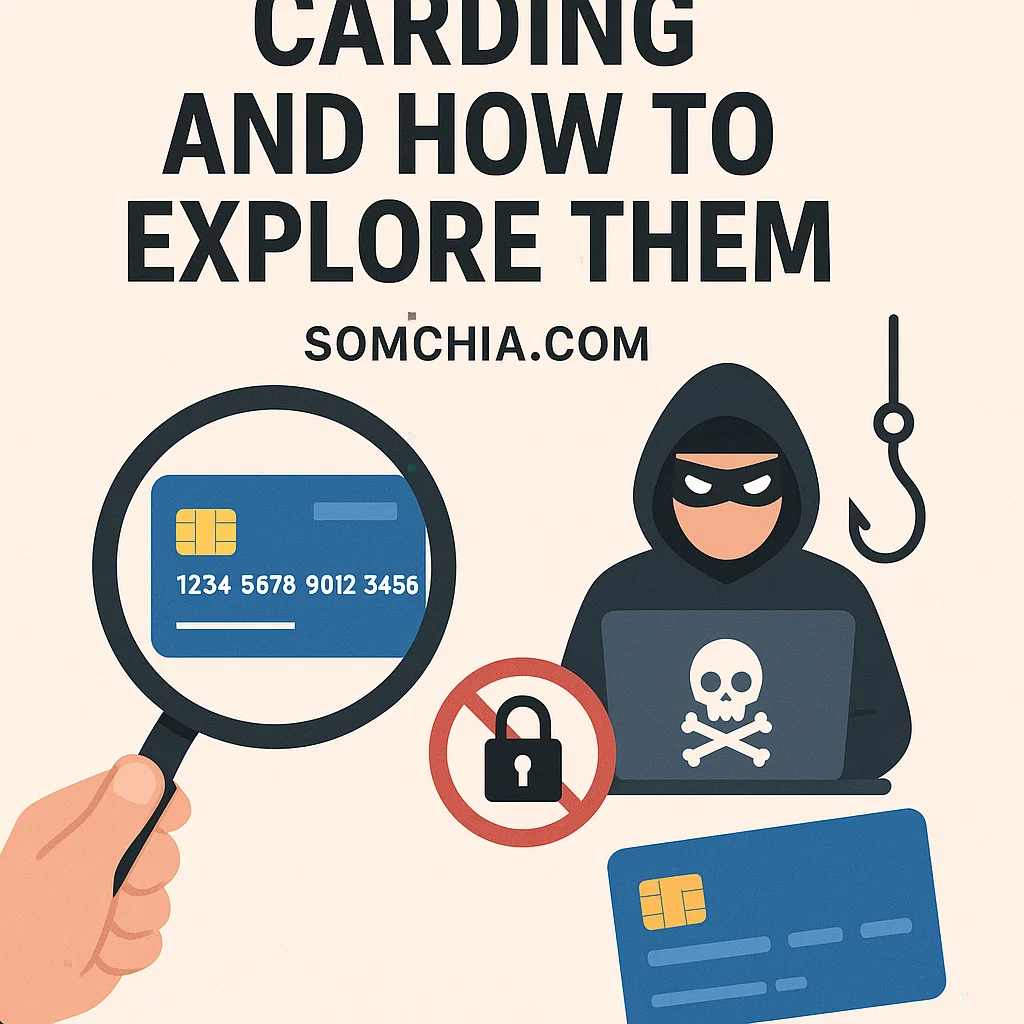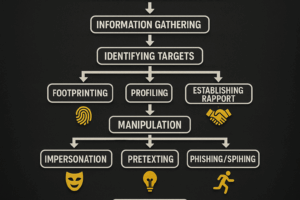What Are Cardable Sites?
In underground carding forums and Telegram channels, cardable sites refer to online stores that can be exploited using stolen credit card data (known as CVVs or fullz). These sites typically have:
-
Weak fraud detection systems
-
No 3D Secure (3DS) verification
-
Low-value checkout thresholds
-
Digital goods or easy shipping policies
In 2025, the term “cardable” now includes AI-generated fake identities, virtual addresses, and emulation of customer behavior patterns to bypass fraud filters.
What Are Sorted BINs and Why They Matter
Bank Identification Numbers (BINs) are the first 6-8 digits of a credit or debit card number and reveal key information:
-
Card type (credit, debit, prepaid)
-
Issuing bank
-
Card level (Classic, Gold, Platinum)
-
Country of issuance
Fraudsters use sorted BINs (verified BIN lists sorted by success rate or type) to match card types with specific websites. For example:
| BIN | Card Type | Country | Cardable Site Match |
|---|---|---|---|
| 414720 | Visa Debit | US | Food delivery, clothing |
| 537738 | MasterCard Prepaid | UK | Streaming services |
| 601120 | Discover | US | Electronics, eBooks |
External Tool:
You can check BINs using BINList.net or ExactBins.
Top Cardable Sites in 2025
Below is a curated list of cardable site types for 2025 based on fraudster behavior patterns and discussions in dark web forums:
1. Digital Goods Platforms
-
Examples: Udemy, Skillshare, Canva Pro
-
Why it works: No shipping, instant delivery
-
BIN Tip: Use virtual Visa or prepaid BINs
2. Food Delivery Services
-
Why it works: Low-value orders, fast checkout
-
BIN Tip: US debit cards under $100
3. Streaming Services
-
Why it works: Free trials, auto-renewal loopholes
-
BIN Tip: Use international prepaid MasterCards
4. Fashion & Apparel Stores
-
Examples: Fashion Nova, Foot Locker, ASOS
-
Why it works: Often no 3DS, digital gift card options
-
BIN Tip: High-risk BINs paired with drop addresses
5. Gift Card Vendors
-
Examples: Gyft, MyGiftCardSupply
-
Why it works: Instant delivery of gift codes
-
BIN Tip: BINs with low chargeback rates and high CVV match
6. Tech & Gadgets
-
Why it works: Loyalty programs can be exploited
-
BIN Tip: Business-class BINs with high limits
Pro Carding Tips (For Research)
Again, this is for analysis and law enforcement training purposes.
-
Use Fake Name Generator to create fullz-compatible profiles.
-
Employ SOCKS5 proxies with geolocation matching the BIN’s issuing country.
-
Avoid reusing the same BIN/site combo more than once.
-
Leverage “aging” strategies: order small items first, then scale up.
-
Use bots or scripts to mimic human checkout behavior.
How Sites Are Fighting Back
In 2025, many cardable sites are integrating AI-based fraud prevention. Examples include:
-
Sift and Signifyd: Machine-learning risk scoring engines.
-
Kount: Device fingerprinting and identity trust.
-
Stripe Radar: Adaptive risk models for card behavior.
Still, fraudsters adapt faster—making sorted BIN strategies highly effective until specific BIN ranges are flagged.
Resources to Watch
-
Carding Wikia – OSINT database of carding terms
-
DarkNetLive – Updates on DNM takedowns and shop status
-
FraudWatch International – Cybercrime prevention blog
Final Thoughts
“Cardable sites for 2025” aren’t limited to small brands anymore. Even major corporations are vulnerable when fraud prevention lags behind the techniques used in sorted BIN exploitation.
If you’re a fraud analyst, cybersecurity professional, or researcher, this ecosystem is crucial to understand — and track in real time. As always, vigilance wins.




